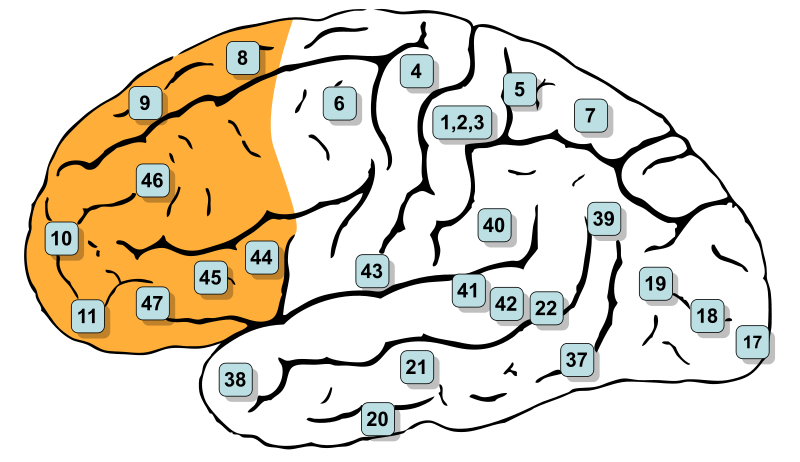
In “New Genes, New Brain” (The Scientist , October 19, 2011), Cristina Luiggi reports,
The evolution of the human brain may have been driven by a group of novel genes that arose fairly recently in primate evolution.
A bevy of genes known to be active during human fetal and infant development first appeared at the same time that the prefrontal cortex—the area of the brain associated with human intelligence and personality—took shape in primates, a new study published yesterday (October 18) in PLoS Biology found. The timing suggests that the new genes may have been intimately tied to the evolution of the human brain.
Previous research focused on older genes conserved across the animal kingdom, looking at new genes is hoped to provide insight. Like:
“We were very shocked that there were that many new genes that were upregulated in this part of the brain,” said Long, who added that he was also taken aback by synchronicity of the origin of the genes and the development of novel brain structures. It seems that around the same time that the neocortex and the prefrontal cortex arose, and then expanded in humans, a large collection of genes also popped up.
That’s something the old genes were never going to tell researchers.
It feels like a rollout of some kind, no?
Follow UD News at Twitter!